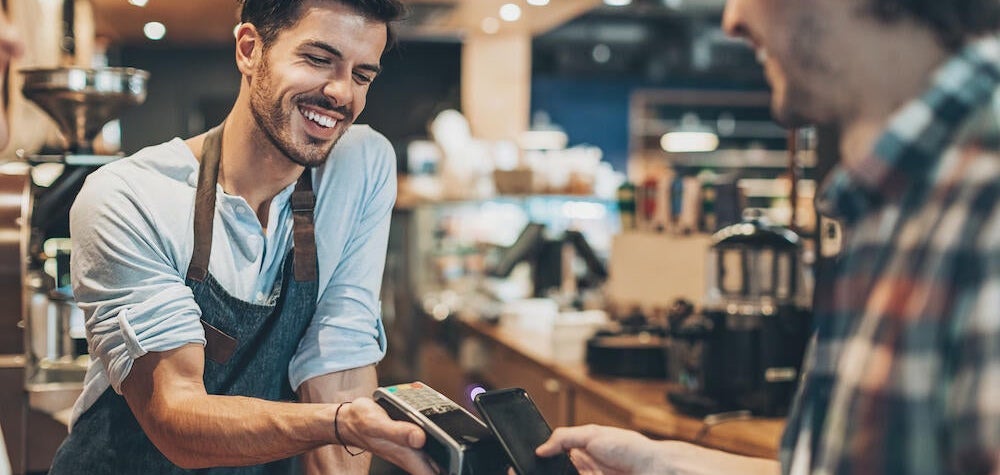
Everything’s connected, brands don’t love you and where will people work?
Everything’s connected.
This phrase has been thrown around a lot lately, usually in the context of environmental awareness and sustainability. We live in a changing and dynamic world of connection where work, brands, and people live. How do we connect to it all? Part of it is the broad meaning of a product or service to the consumer. We, consumers, more than ever, represent our lifestyle and values through what we do and buy. Who are you and what do you value? As a consumer you’re really being asked – what tribe do you belong to, and what do you stand for?
It’s all about your tribe.
Virtually any product or service you engage with is now focused on this deeper meaning. Fairtrade organically grown coffee is loaded with implications about what went into creating that perfect cup of coffee — where did it come from, how it was created, and how did they treat the people who grow coffee and those that serve it?
To build customer loyalty it’s essential for brands to recognize tribes and their values.
The relationship between the company’s philosophy and its value to you is now embedded in nearly every transaction you engage with. In commercial real estate, for example, the ethical ESG (Environmental, Social and Governance) component of a brand is reflected in how the owners build and manage their buildings. ESG declarations show that this company is dedicated to values greater than making money, that impact the world and speak to members of various tribes. It’s essential for brands to recognize these tribes and their values to build loyalty.
But let’s be real, everything’s always been connected; now it’s even more of a leverage point in selling products and brands. A clear differentiator for the right consumer tribe gives them more to consider in making a purchasing choice. Whether you’re selling a product or a service you need to know your customer and what matters to them. Just ask consumers who buy products that are sustainability-focused. Heck, even Krispy Cream Donuts promotes its values and commitment to the planet and its people.
Brands don’t love you.
Don’t be mistaken, brands do not “love” you as a consumer. Coca-Cola isn’t sitting at home pining for your affection. Nike doesn’t care if you’ve had a bad day and need a pick-me-up. And Apple definitely isn’t going to call you back after your first date. But they do want to connect with your values, what matters to you, to shape more compelling product and brand experiences. This isn’t disingenuous. It’s all about that tribal relationship that connects you to similar consumers who buy the same products. It’s essential for brands to understand the personas, the people who buy their products, and what deeply matters to them.

To create that brand connection it’s essential to understand what deeply matters to the people who buy from you.
Relevance and understanding make all the difference in creating a tribal connection to the brand and you see it in social media reviews and group chats. Brands must recognize they are part of large social communities that they must connect with —and that’s you.
Where will people work?
This is a question that’s been on everyone’s mind lately. The rise of automation, always-on communication, and the pandemic-induced shift to hybrid work environments have changed offices, downtowns, and whole urban communities. But the drivers that connect people to physical workplaces are actually the same drivers that connect people to their brand choices. Use the tribal connection to give your brand more meaning.

No matter where you work loyalty and commitment to your team comes from a tribal connection.
Yes, the practicality of working from home some of the time has had an impact but the key to the ability to grow a business comes from the tribal loyalty and connection that groups feel when they come together. You just can’t get that consistently from Zoom meetings. This dynamic does vary among businesses and age groups but understanding this will allow businesses to build tribes that connect. Bring people together because they need to feel meaning in a connected world.
Understanding these human behaviors will give brands and consumers a better experience by aligning meaning and perceived value with membership. A great paper clearly makes this point — Consumer tribes: membership, consumption, and building loyalty clearly connects brand identification with customer loyalty in this idea of tribal membership — “you’re one of us”. Follow this premise and you’ll start to see how everything’s connected through the added meaning we create.